Department News
"Education is the passport to the future, for tomorrow belongs to those who prepare for it today." Malcolm X

Department News
"Education is the passport to the future, for tomorrow belongs to those who prepare for it today." Malcolm X
Getting Personal with Shakespeare!


What does Shakespeare have to do with me? A question posed by many students at one time or another. The English Department is here to tell you that Shakespeare has in fact a lot to do with 21st century students. Our Year 8, 9, 10 and 11 students all had one thing in common in Term 3. They were vulnerable, honest and ready to find out why Shakespeare is relevant to us today. Shakespeare would have personally experienced the disruptions to life brought about by pandemics. Frequent outbreaks of the plague in the early 17th century repeatedly closed the playhouses, disrupting performances, closing towns and quarantining citizens. Ironically, this time of great disruption resulted in Shakespeare crafting many of what have come to be seen as his greatest works, including Macbeth, The Tempest and Antony and Cleopatra.
The characters in Shakespeare are like you or me, even though they may be kings, queens or noblemen and women. They are fallible in many ways, like Macbeth, who comes to grief because of ambition, or Othello, who struggles with his insecurities. Our girls have learned that one of the reasons that Shakespeare is said to be a writer of "timeless" literature is that his topics and, especially his characters, speak to a modern audience just as forcefully as they did when his work was performed in front of a Renaissance audience. Whilst Shakespeare most likely did not envision his works as fodder for high school, English classes or inmates in distant centuries, nevertheless, he became a man of not only his time but also ours.
The teachers and the students were busy this term getting to know Shakespeare through the Remote Learning platform. We had to become creative in our teaching strategies through integrating moments of performance, critical interpretation and analytical writing. The language is so dense, so rich that students often find the first couple of Acts difficult. Not because the language is archaic, but because it is semantically dense. They end up reading the lines over and over but like anything else, time and effort brings an understanding. The students go into reading Shakespeare’s plays because they are required to, but they end up enjoying it.
“Who will believe my verse in time to come,
If it were filled with your most high deserts?
Though yet heaven knows it is but as a tomb
Which hides your life, and shows not half your parts.”
Sonnet 17
Natalia Hennessy
Head of English
Year 10 History Guest Speaker: Sadae Kasaoka
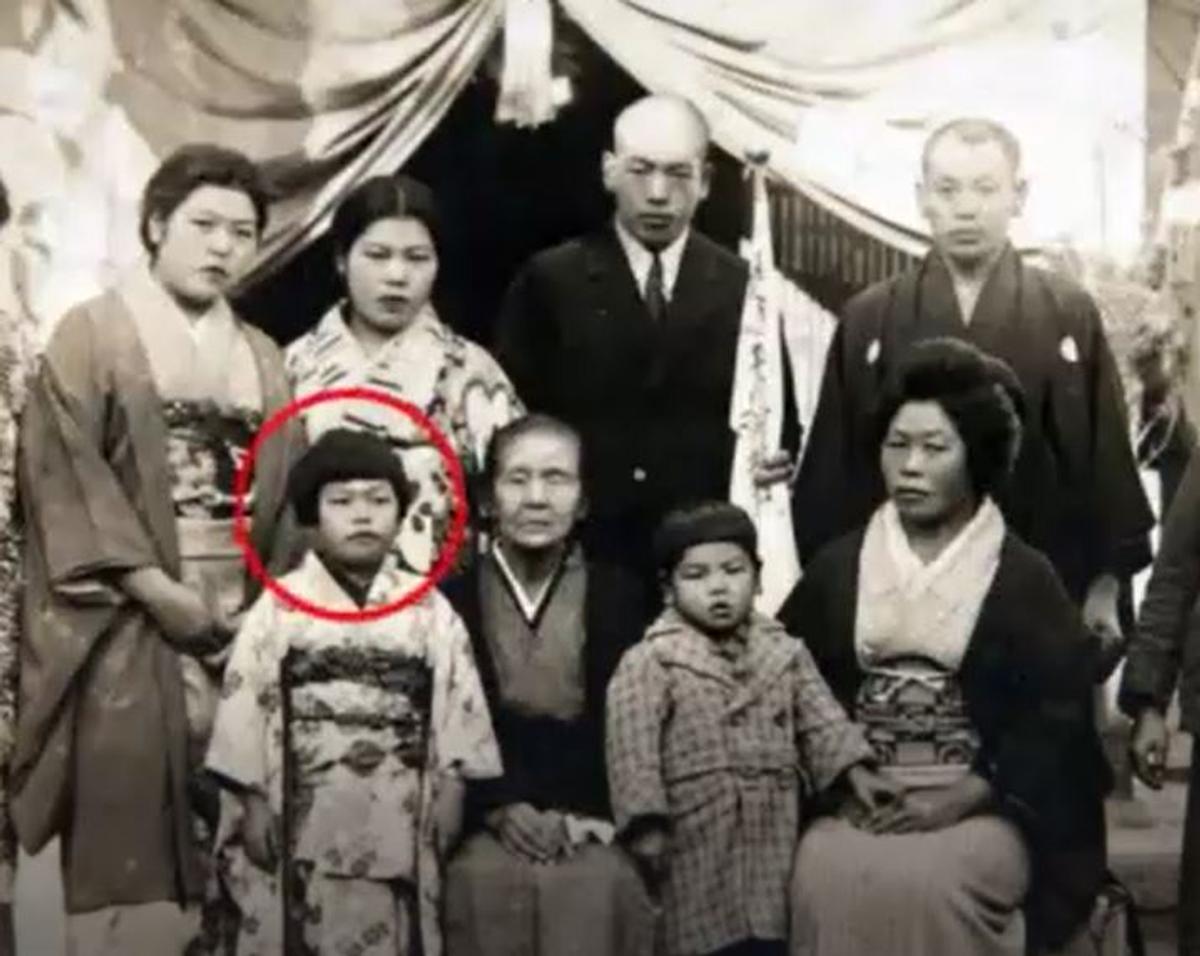

When people record history, they often are faced with circumstances where people happen to be caught up in situations beyond their control. In these scenarios, historians are dealt with the problem of making sense of what difference an individual can make when they are seemingly powerless to influence their fate. As students of history, we have choices: to feel insignificant and be rendered passive, or to ask questions about how to make the present world better for future generations.


In this vein, Year 10 has been investigating the way that conflicts such as World Wars I and II have prompted the development of human rights in modern history. On the morning of the 16th of September, they were fortunate enough to be able to zoom with Sadae Kasaoka, who is a survivor of the Hiroshima bombing. She was 12 at the time when a bomb named ‘Little Boy’ was dropped on the city, which was a fishing and trade port more so than a strategic naval outpost. In this sense, the target of the attack was to demonstrate the technological superiority of Allied forces over their Japanese enemies. This event is still contested in terms of how justified it was: Some authorities argue that it significantly shortened the war and minimised the overall casualties; There are plenty of others however who see it as the starting point of the nuclear age and subsequently, the Cold War.
We were privileged enough to hear about her experiences during the bombing, to vignettes of her life afterwards. These ranged from how she saw her parents pass away from radiation burns, to later in life when her husband died of radiation-induced cancer, leaving her a widowed mother of two children aged two and six. The presentation was unforgettable, both in how humane yet harrowing it was and was followed up by insightful and empathetic questions from Brigidine girls, which ranged from how Sadae learned to make a life for herself afterwards, as well as messages she would like to leave future generations. One in particular that stood out was at first, she hated anything to do with America; After a long time, she reflected that what caused her to feel this way was what the weapons did to the people she cared about. Another was her generous encouragement to be resilient in spite of facing overwhelming adversity, whatever that might be. A big thanks needs to go to Mrs. Vicki Zafiris, who initially contacted the Hiroshima Memorial Museum of Peace to arrange this event earlier in the year.
David Nally
Head of HSIE (Stages 4 & 5)
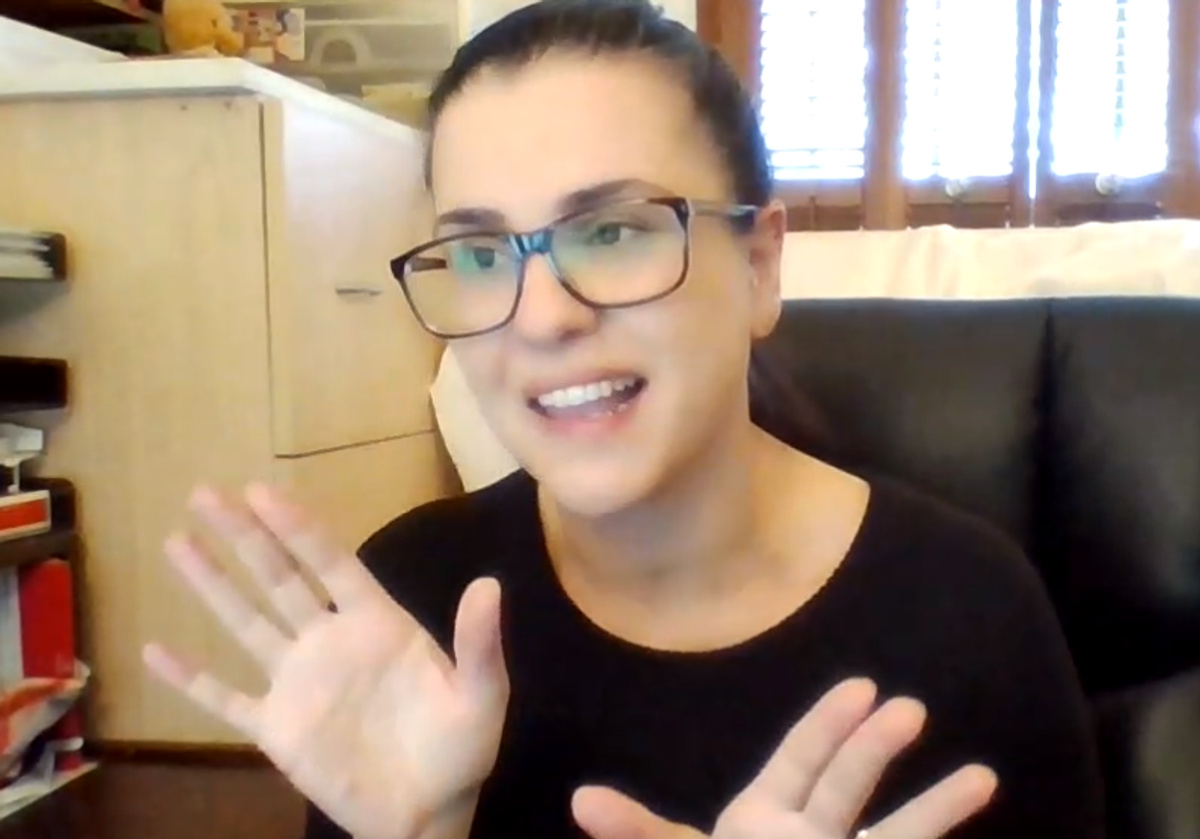

In Term 3, Year 9 Geography, the girls were studying a unit called ‘Human Wellbeing’, where they investigated how countries measure their citizens’ wellbeing, how wellbeing is defined and issues that can affect wellbeing.


One of the issues we explored in class was disability and so we invited a guest speaker to come in and provide the girls with a unique perspective on wellbeing and disability as she was deaf. The guest speaker, Christiane Quartararo, is a speaker who is deaf and comes from the Ephpheta Centre; She also went to Brigidine College and graduated in 2005. She was not born deaf but started to lose her hearing when she was 14 due to a lifelong illness, NF2. She was able to give the girls a unique perspective on how to navigate a world that was once fully accessible, to one where now there were many closed doors and hoops to jump through to be able to achieve what she could so easily before. The girls were highly engaged with the speaker and asked many insightful and interesting questions, which she was more than happy to answer, such as; “Has it been harder to understand people now that everyone is wearing masks?”, “How can we help people who are disabled to feel comfortable?” and “What language do you think in, Auslan or English?” The girls were very respectful and enjoyed being offered such a unique perspective on the issues they were learning in class.
Sonia Maciejewski
HSIE Teacher
Why science is an important discipline in the education curriculum
When I am in the classroom and the class is tackling a challenging concept I sometimes hear the words muttered, “Why do we have to study science?” It is at these times that I am reminded that the discipline of studying science, while it can be challenging, it is these challenges that bring rewards and are pivotal for the advancement of our modern society.
At Brigidine, the teaching of science is not just facts from a textbook but using an inquiry-based approach that incorporates practical skills as well as skills of problem-solving and critical thinking. Thinking like a scientist is using these skills to explain our world but also accepting that there are things that cannot be explained.
This week the Nobel prizes were awarded in science and it is those same problem-solving skills along with resilience and grit that makes science such a human endeavour. Their research and developments were recognised not only for their groundbreaking work but how these will help humanity. An example is the winners of the Nobel prize for Physics, Dr Syukuro Manabe, Dr Klaus Hasselmann and Dr Giorgio Parisi and their work which “laid the foundation of our knowledge of the Earth’s climate and how humanity influences it.”
When students study science those important skills are developed as a toolbox to help them as they navigate not only a time when there is great uncertainty and change but also as they move to adulthood and are faced with the decisions and choices that affect not only themselves but the global community. This is why it is such an important discipline in our curriculum.
I would also like to include a caveat. It is also important to remember that science and religion are not at odds with each other; they work together. When our students study science at Brigidine we see and appreciate the wonders of Science; as a faith community, we believe and then see the wonders of God’s power in our lives.
Therese Waterhouse
Head of Science
The VET (Vocational Education and Training) department currently offers Hospitality and Business Services here at the College. Why study these subjects? What is their relevance in the world?
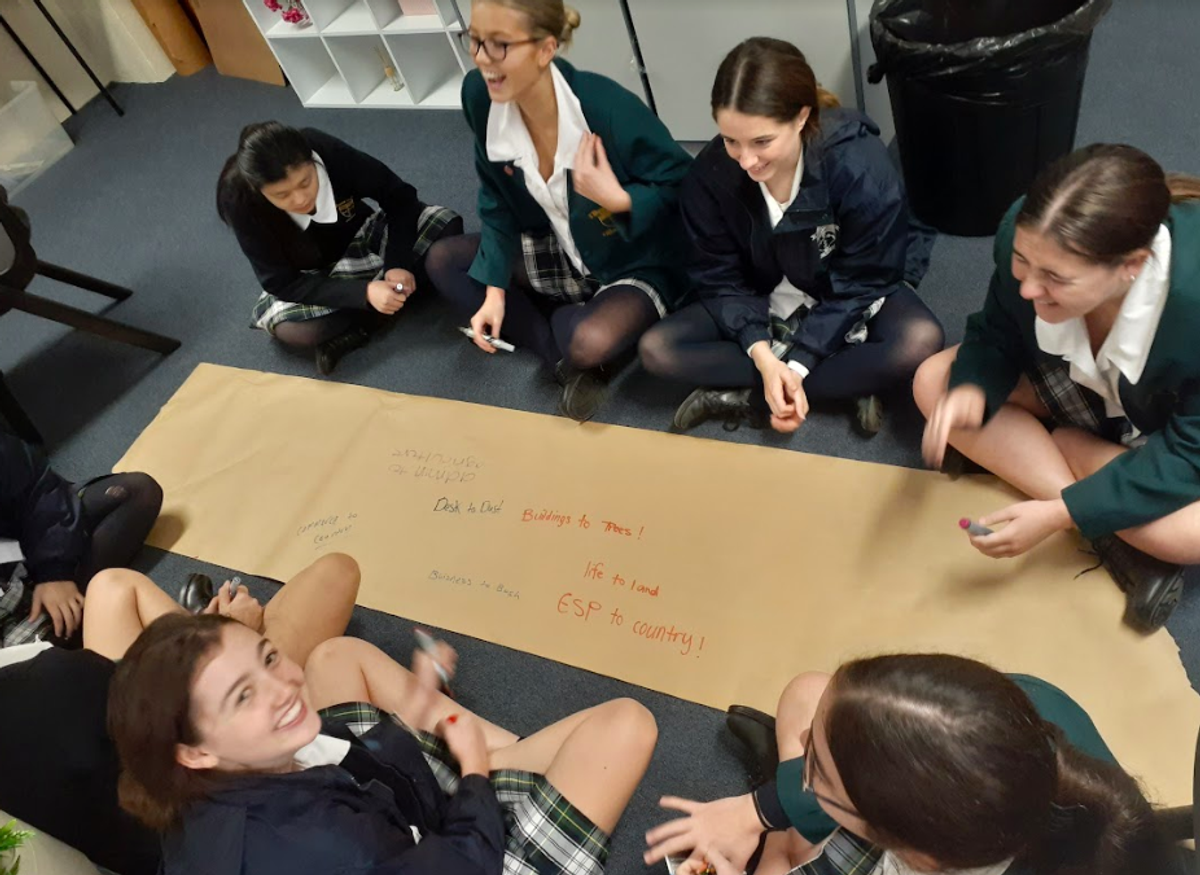
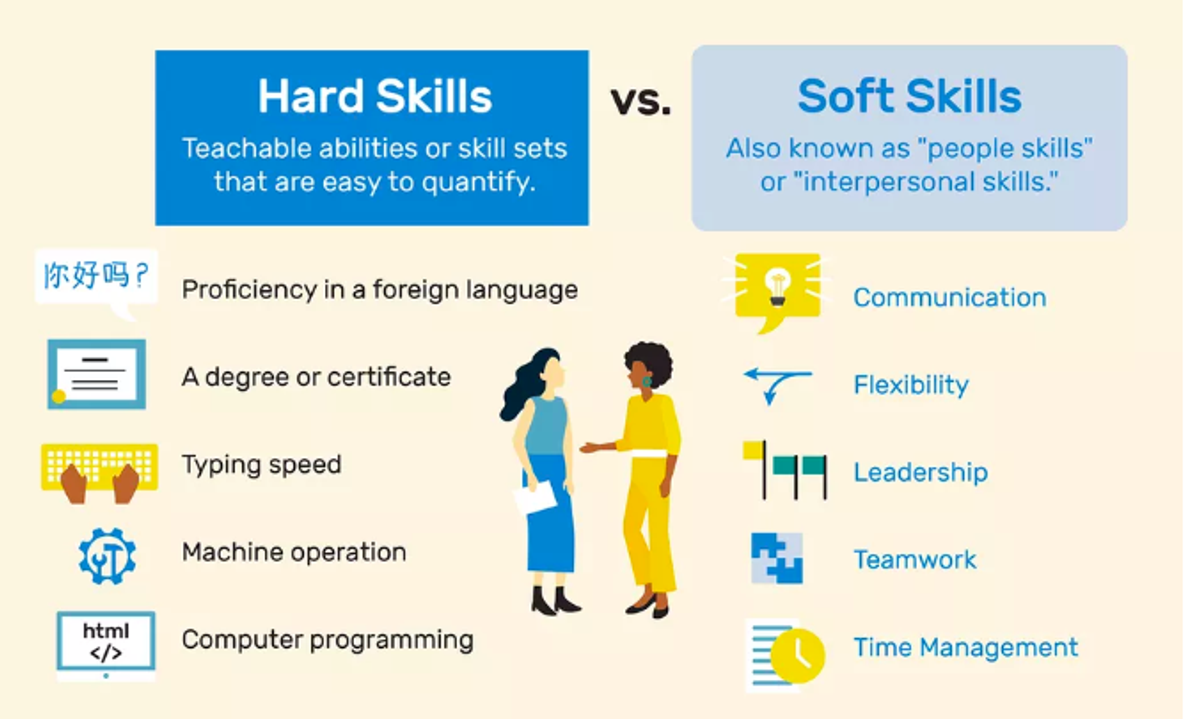
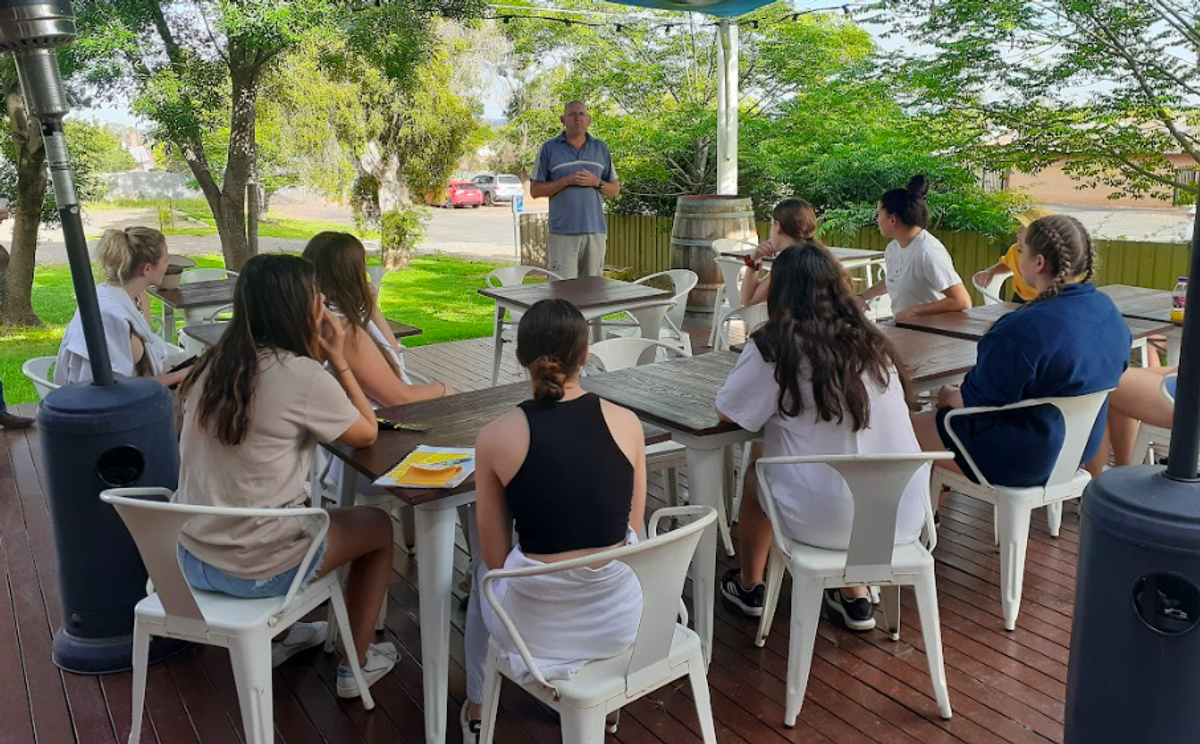
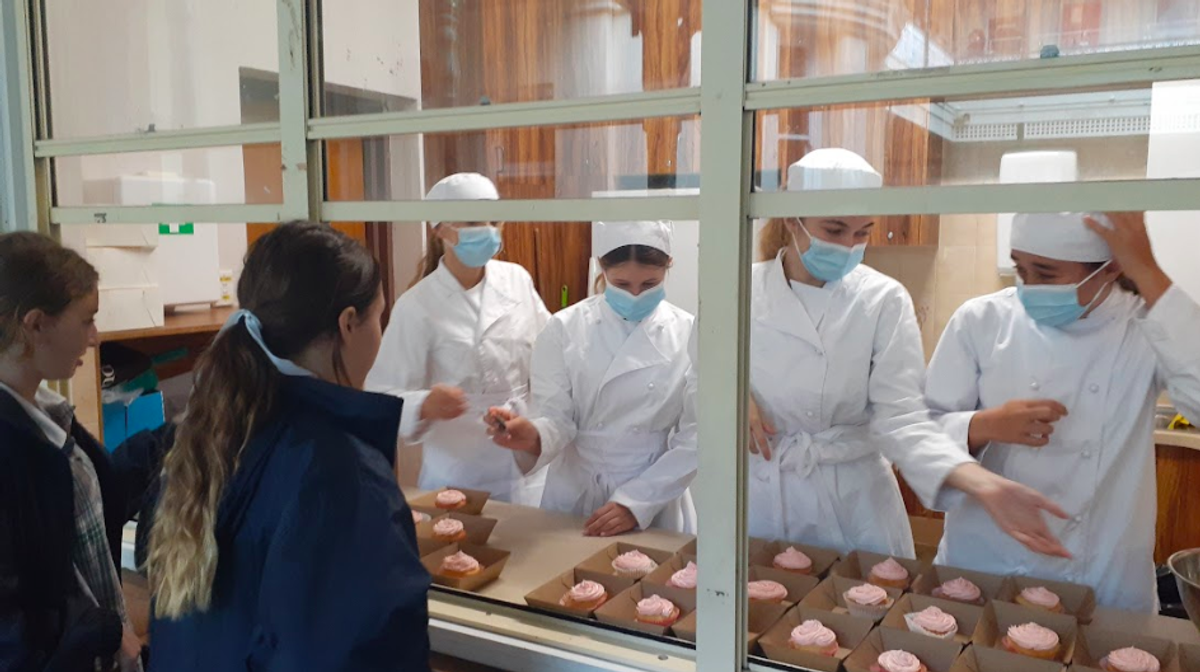




Vocational education embraces people, places and cultures – and the various demands these bring with them.
Hospitality and Business Services are vocational subjects meaning they relate to an occupation or employment and the skills involved. The learning of these skills, hard skills (like correct knife handling or typing speed) and soft skills (which enable interacting effectively and harmoniously with others such as teamwork in the kitchen or managing time efficiently to complete a task), allow our students to leave school both with a recognised valued qualification and attributes valued by industry, employers and further education establishments. Such skills are transferable across roles, departments, industries and countries. Additionally VET subjects count towards an ATAR should students be sitting the HSC.
VET subjects at BCR offer different pathways - an educational practice
inclusive of all girls.
Priorities have always included providing authentic industry and practical experiences for our VET students. Not only are work placement and industry examples essential to accessing the higher bands for those sitting the HSC, but such experiences also allow for greater retention of knowledge, greater engagement with content, greater understanding of theoretical concepts, promotion of students’ self-confidence and skill acquisition. Additionally, Brigidine provides students with opportunities to be nominated for internal and external awards, gain recognition and apply for scholarships. There have also been some great HSC marks over the past few years including State rankings (top achievers and 1st in State).


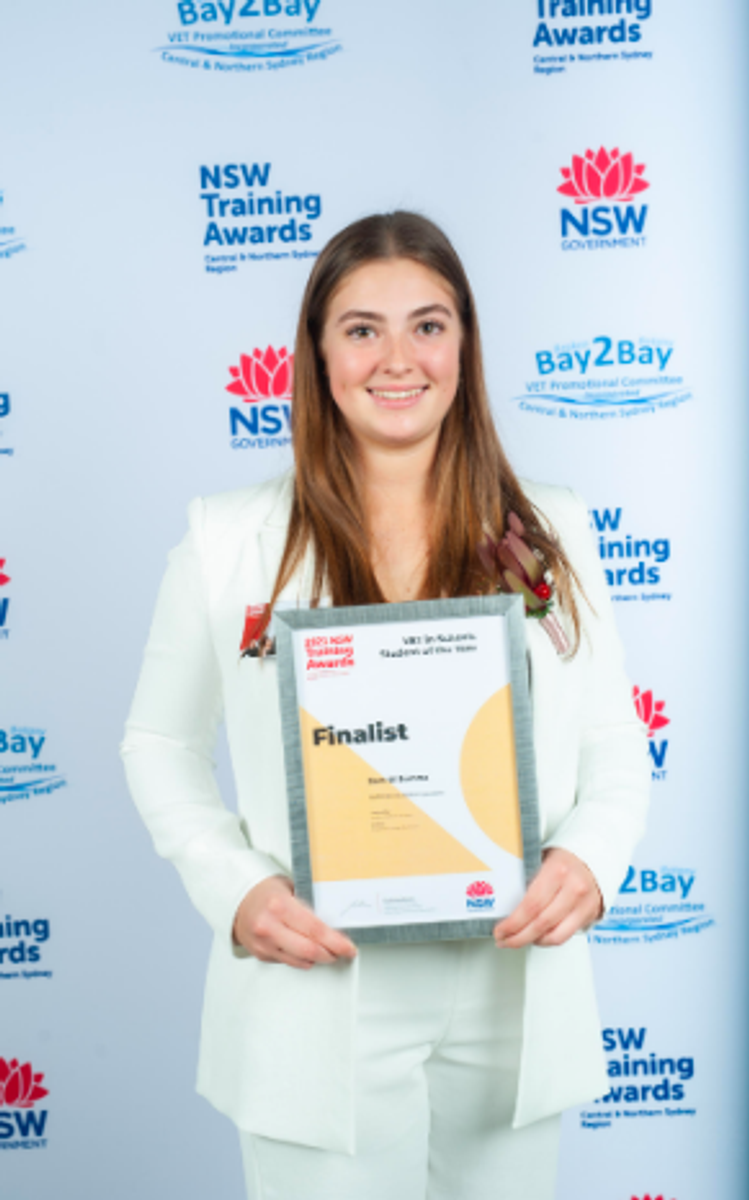
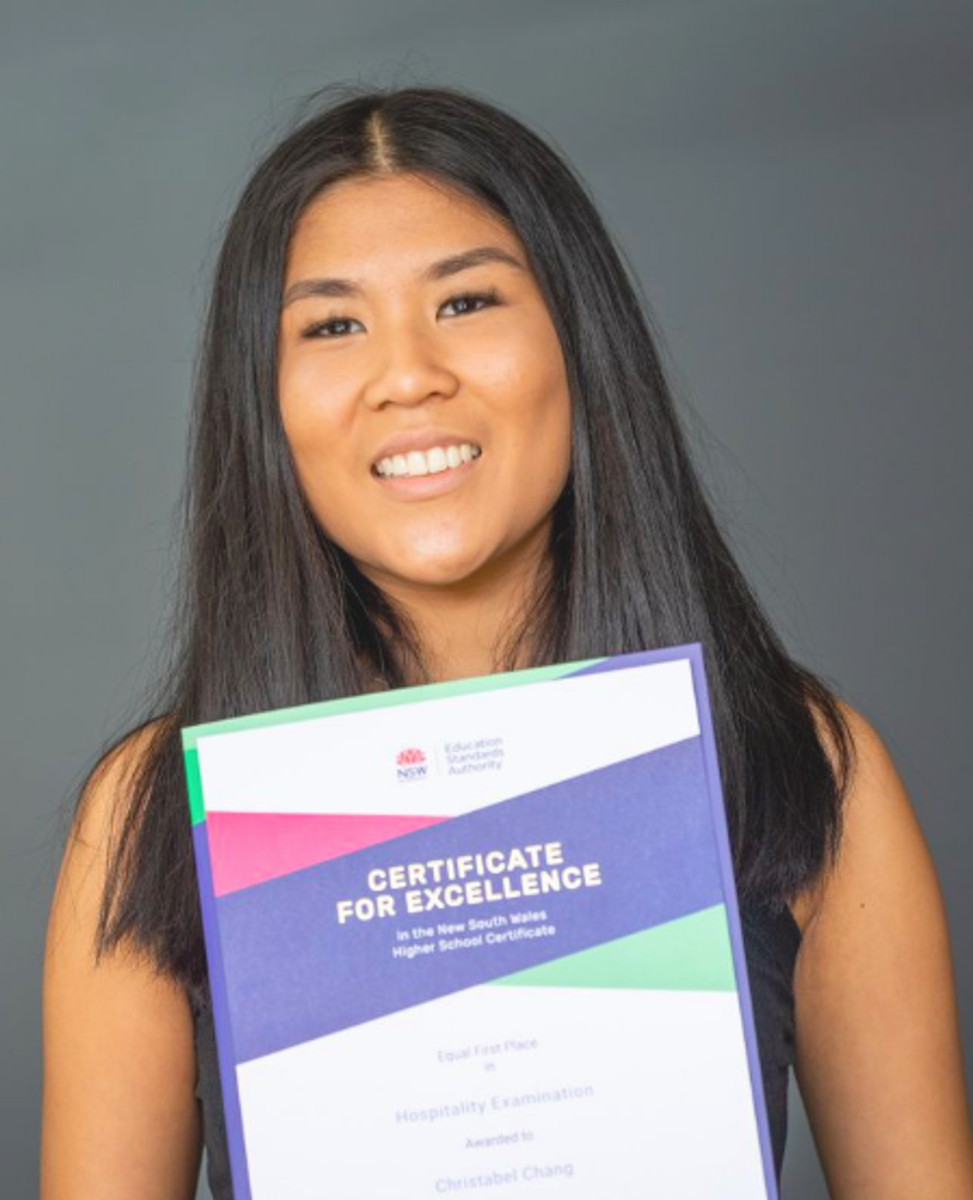




BCR VET Teachers are invested in their subjects and, in order to be able to teach them, have worked in relevant industries. They bring their first-hand knowledge and passion with them to the classroom - the perfect recipe for providing engaging and holistic learning experiences. The VET subjects provide a different dynamic, environment and learning space, and strong bonds form between students and teachers. Our school's commercial kitchen is the perfect space to cater, on a mass scale, with all the challenges and triumphs that it brings. There are many students who do or will work in Hospitality. Studying this course gives students skills and qualifications to gain part-time employment whilst at school. Incorporated into the course at BCR is a Barista course. Another asset for those seeking employment.
Our Business Services ‘boardroom’ space simulates a working environment conducive to working in a business set up. It houses ergonomic equipment, appropriate business technology and space to work individually or as part of a team. The Business Service course produces students who can confidently enter a traditionally male-orientated environment, educated, skilled and qualified.
Business Services is one of my favourite subjects because you learn skills that are extremely applicable and set you up for the working in the industry, such as using business technology. The syllabus is taught in an engaging way using real workplace examples, with a combination of written tasks and practical assessments that allow students to understand business terminology.
Current Year 12 Business Services student.
Hospitality is such a great course because it teaches you about real life and skills that everyone needs even if you do not plan on being a Chef. You have so much fun learning catering skills, but also things that are relevant to every profession. It not only encourages students to work as a team, but also how to be confident in our own abilities as we learn how to handle stressful situations and discover things about ourselves that we could never have learned through any other course. Hospitality gives students so many life changing experiences that challenge and allow growth such as work experience, a restaurant takeover, Paddock to Plate field trip and so much more! I know that I have learned so much from this course that I definitely will use in the future.
Current Year 12 Hospitality student.
Whilst studying Business Services at Brigidine, my teacher told us about a scholarship to study a Diploma of Business at Patrick’s College Australia. I applied - and got it! When I started the diploma, I was surprised at how little some of the other students knew - but they hadn’t studied Business Services at Brigidine! Former Business Services student.
Hospitality is the subject where you feel excited to attend each period because you have the opportunity to share and learn the passion of cooking with your year group. The course is so enjoyable because you have the experience of practical cookery and studying the Hospitality industry.
Current Year 11 Hospitality student.
I started working at a Real Estate agency like I always wanted to, which is one of the main reasons I studied Business Services at school. During my first week there my Manager said he would show me how to use the binding machine. I was able to tell him that I already knew how because we learned it in school, and I was able to demonstrate this to him. I know it was something quite small but I could tell he was impressed. Former Business Services student.
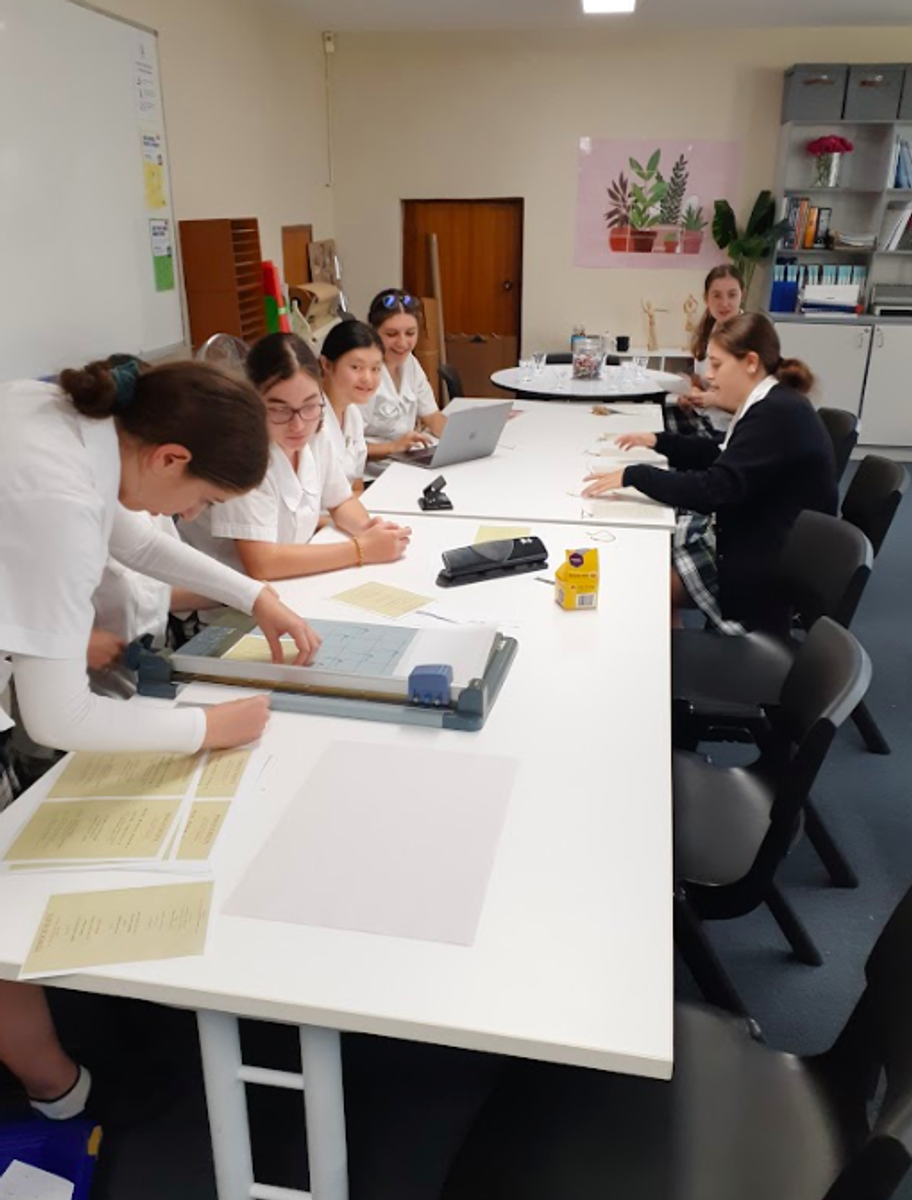
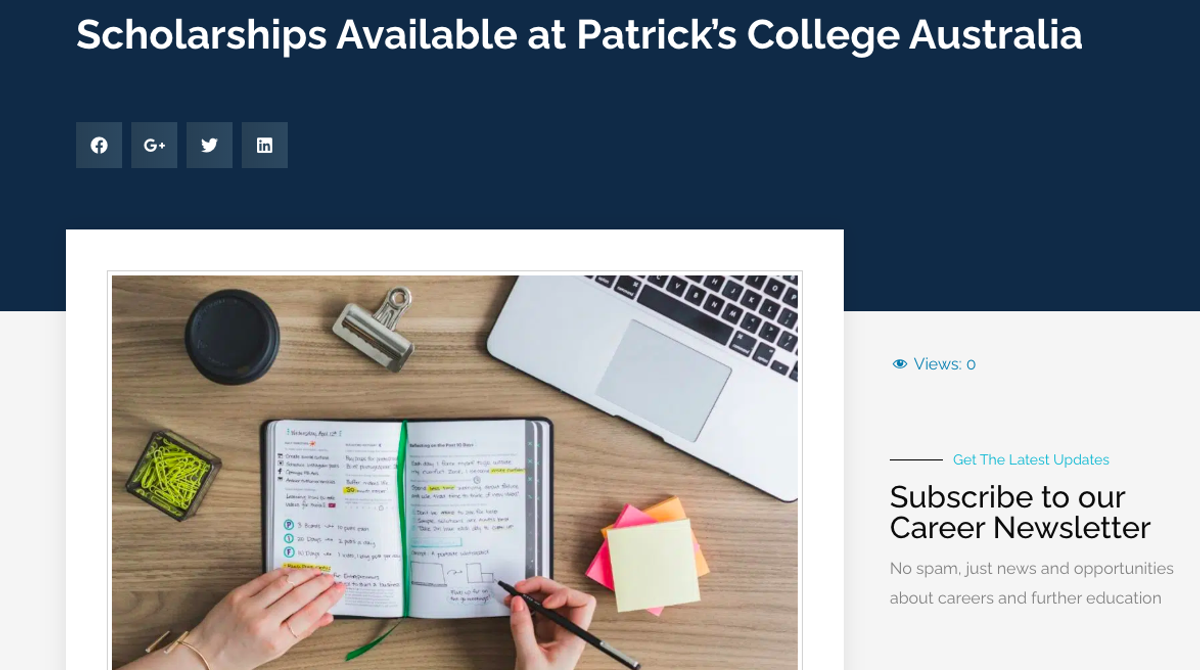
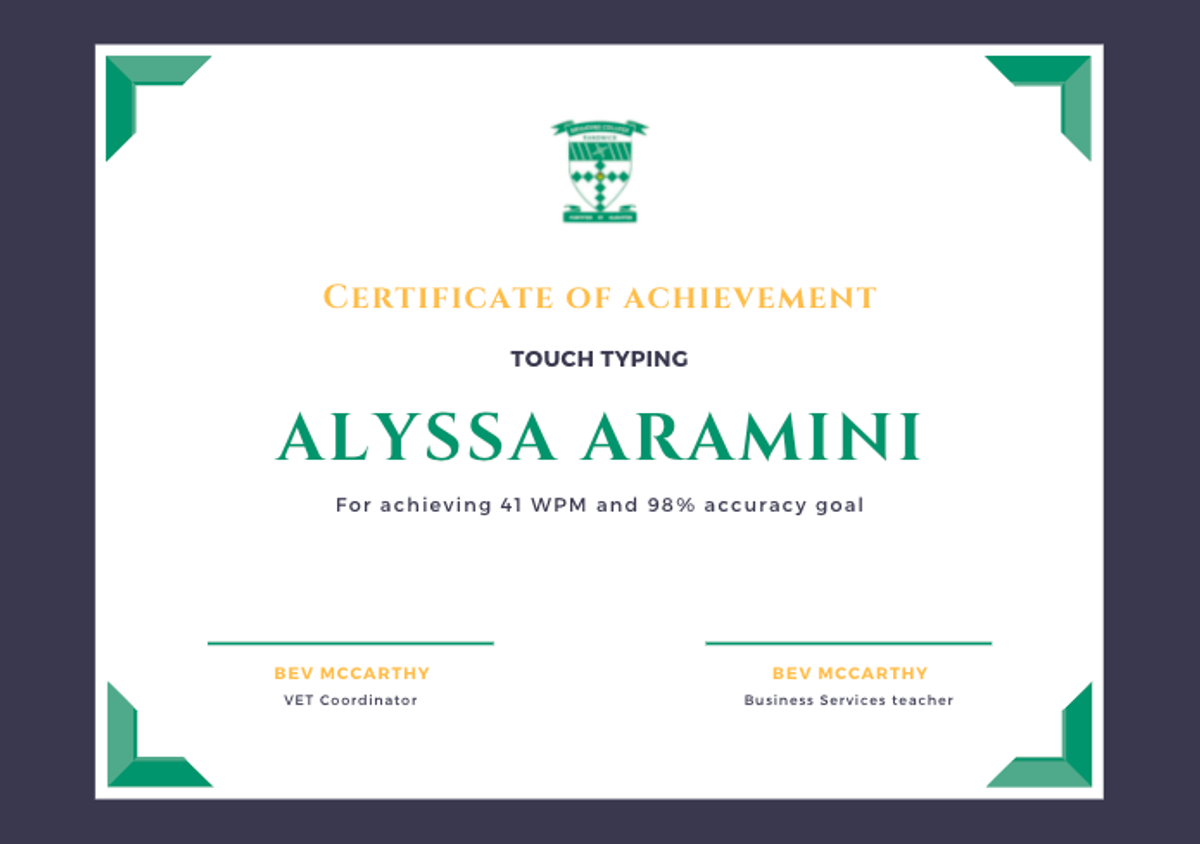

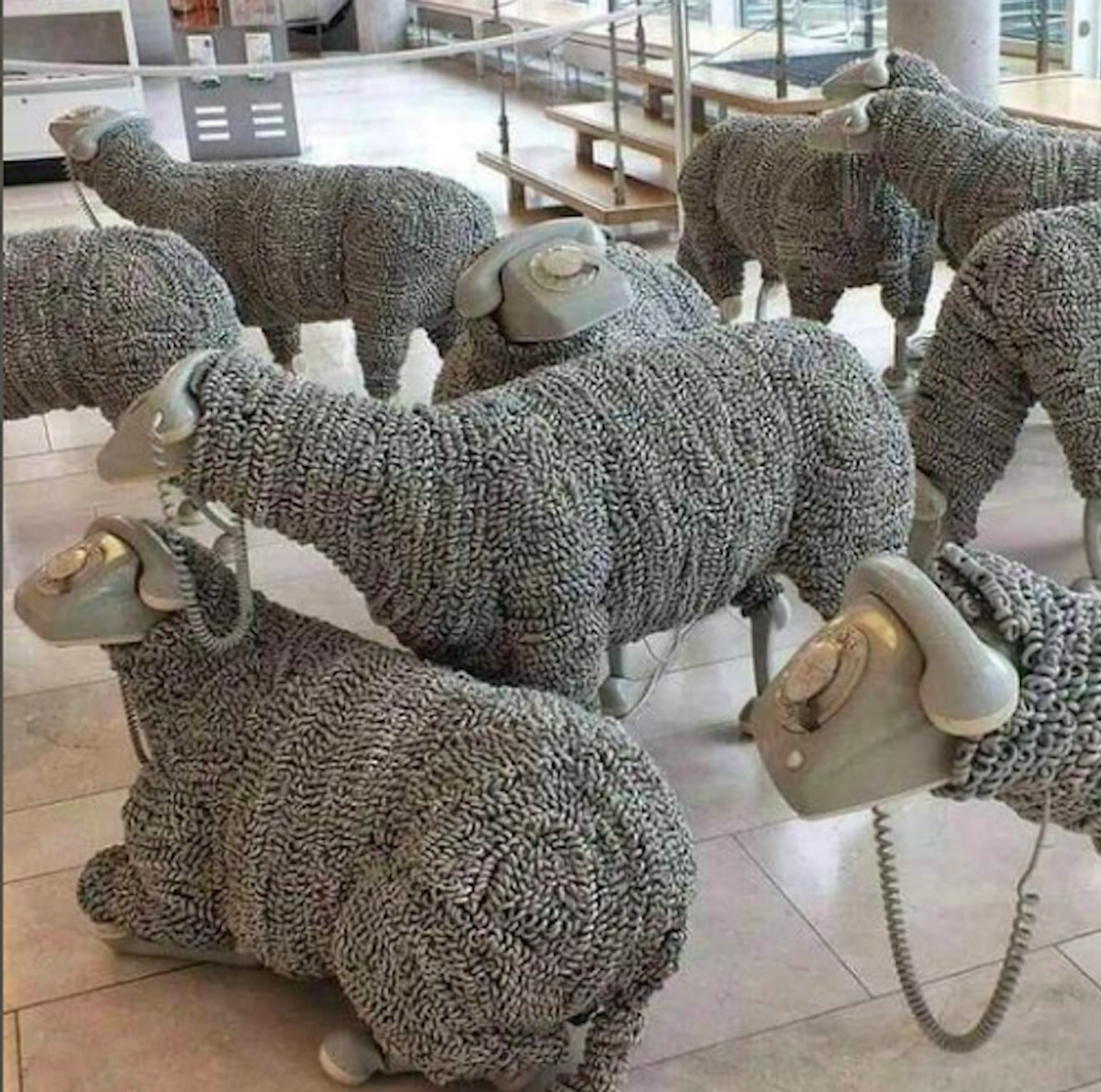

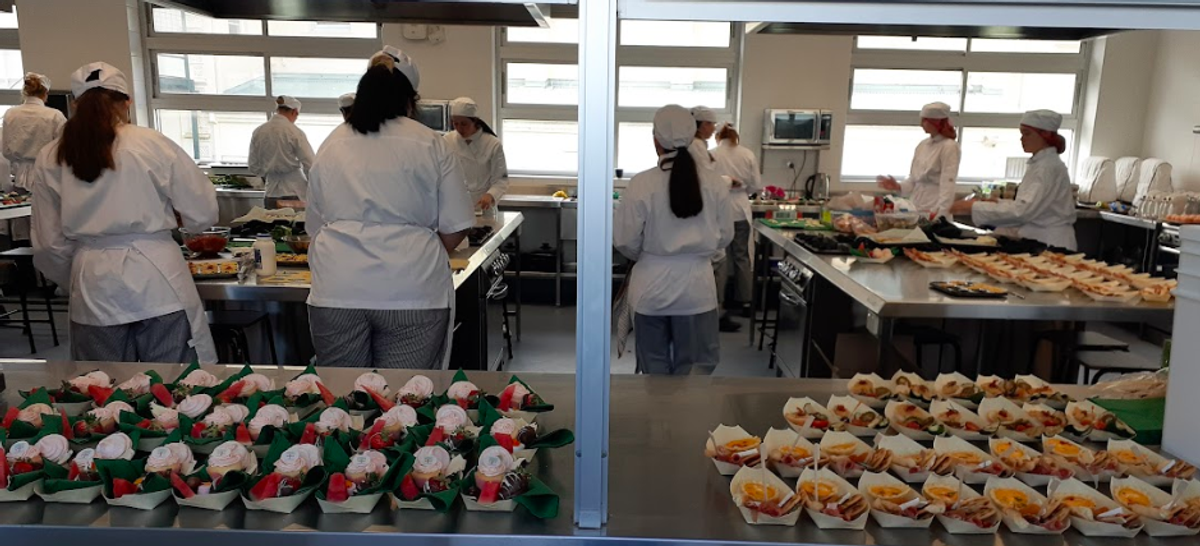
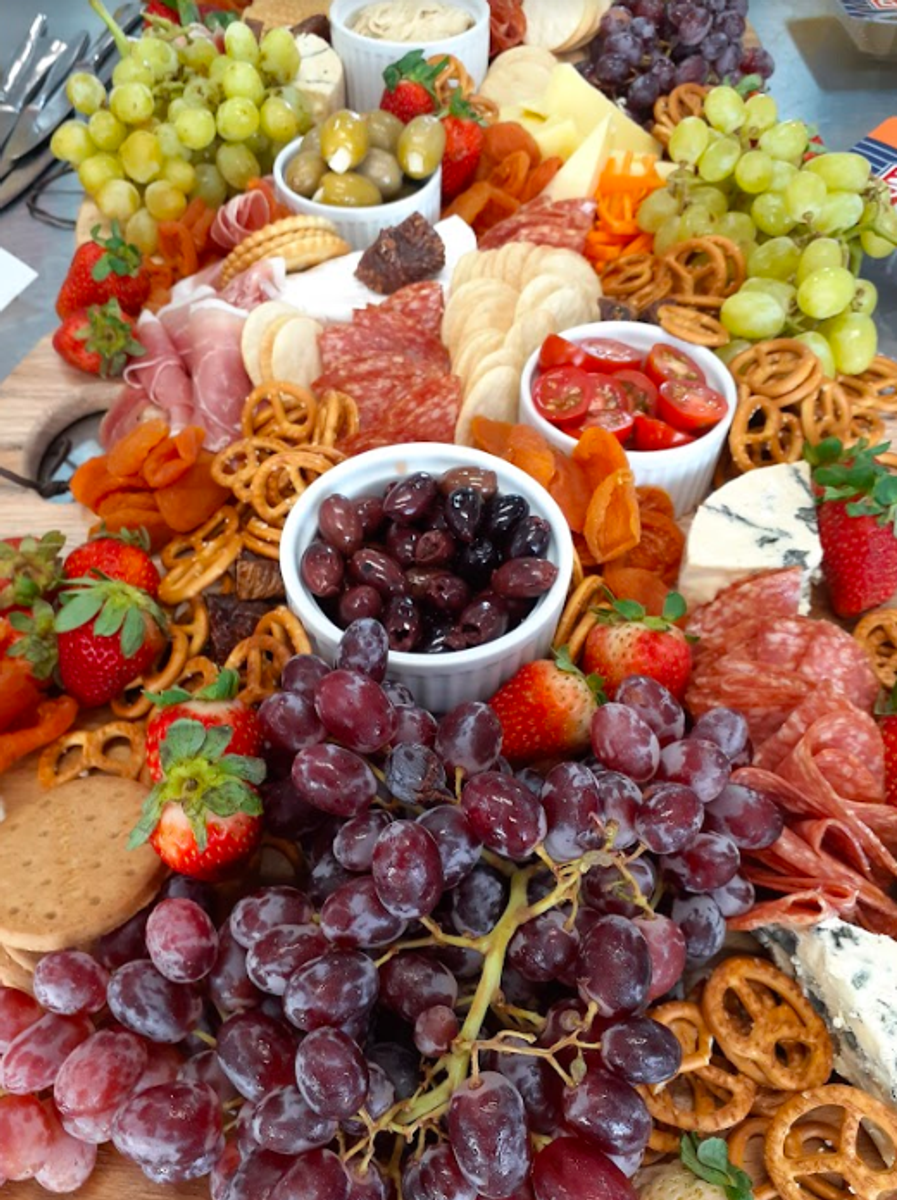
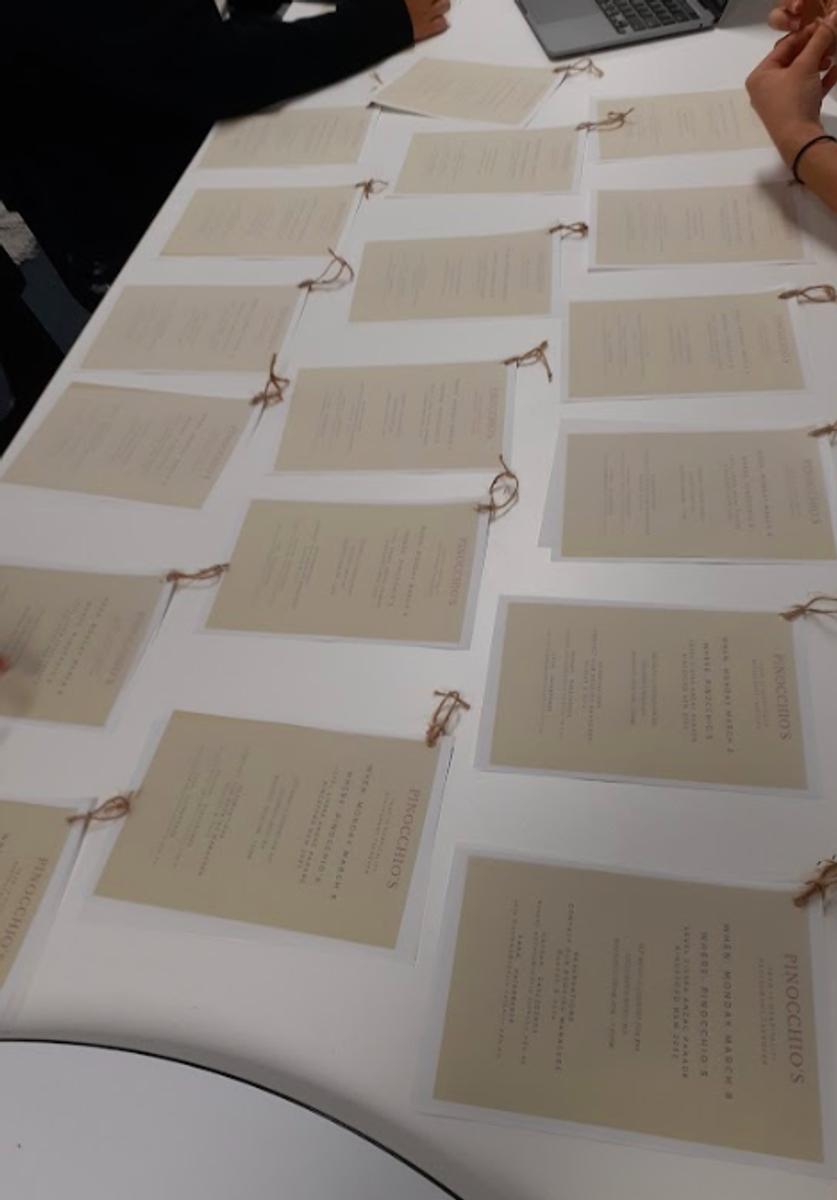









Beverley McCarthy
Head of Vocational Education Training
VISUAL ARTS YEAR 7 PORTRAIT ARTWORKS
This term Year 7 have been developing their drawing and observational skills by practicing portrait drawing. After learning how to tackle each element of the face individually, Year 7 pulled it all together to create a complete image of a face. They then unleashed their creativity and created a mini artwork, filled with colour and showing all the skills they have learnt when drawing a portrait. Congratulations girls on being so creative.
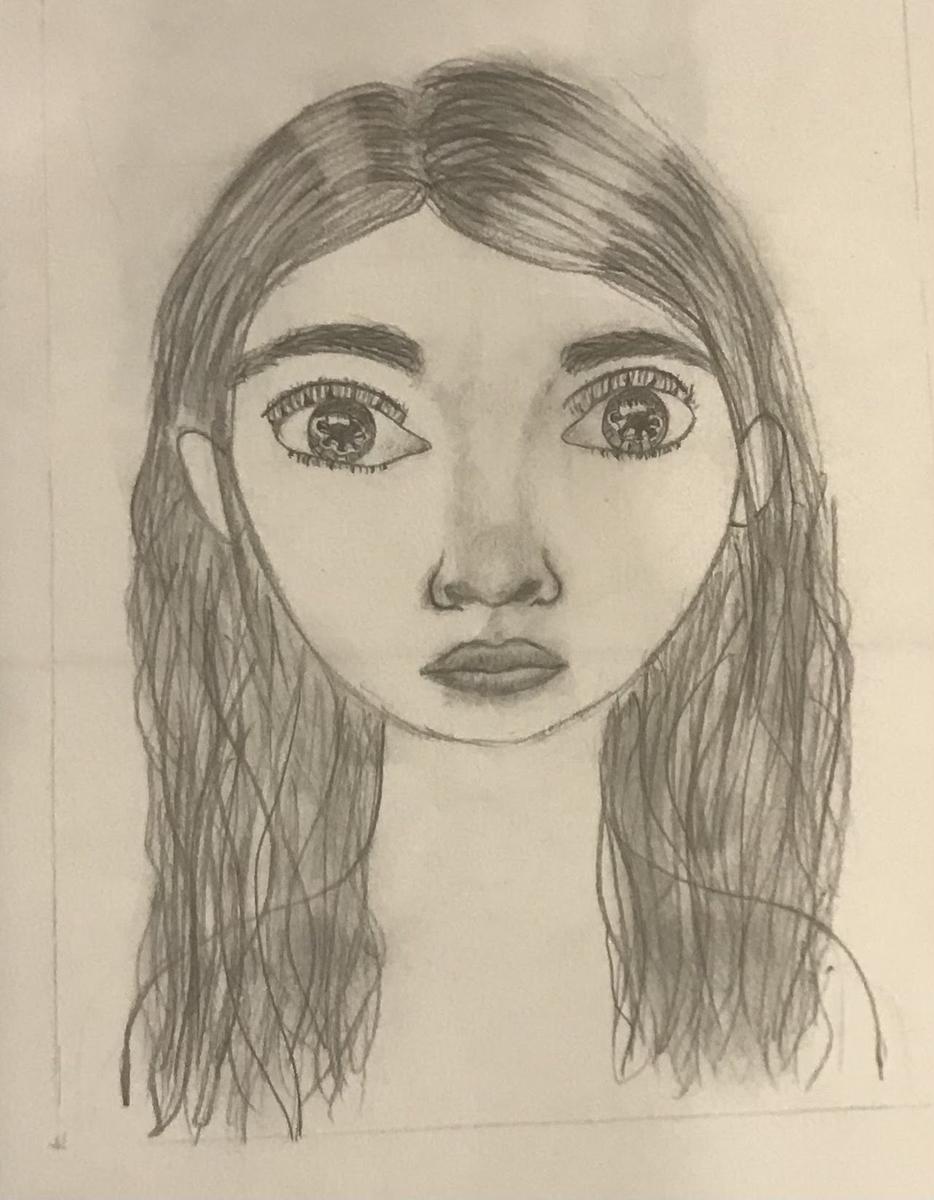
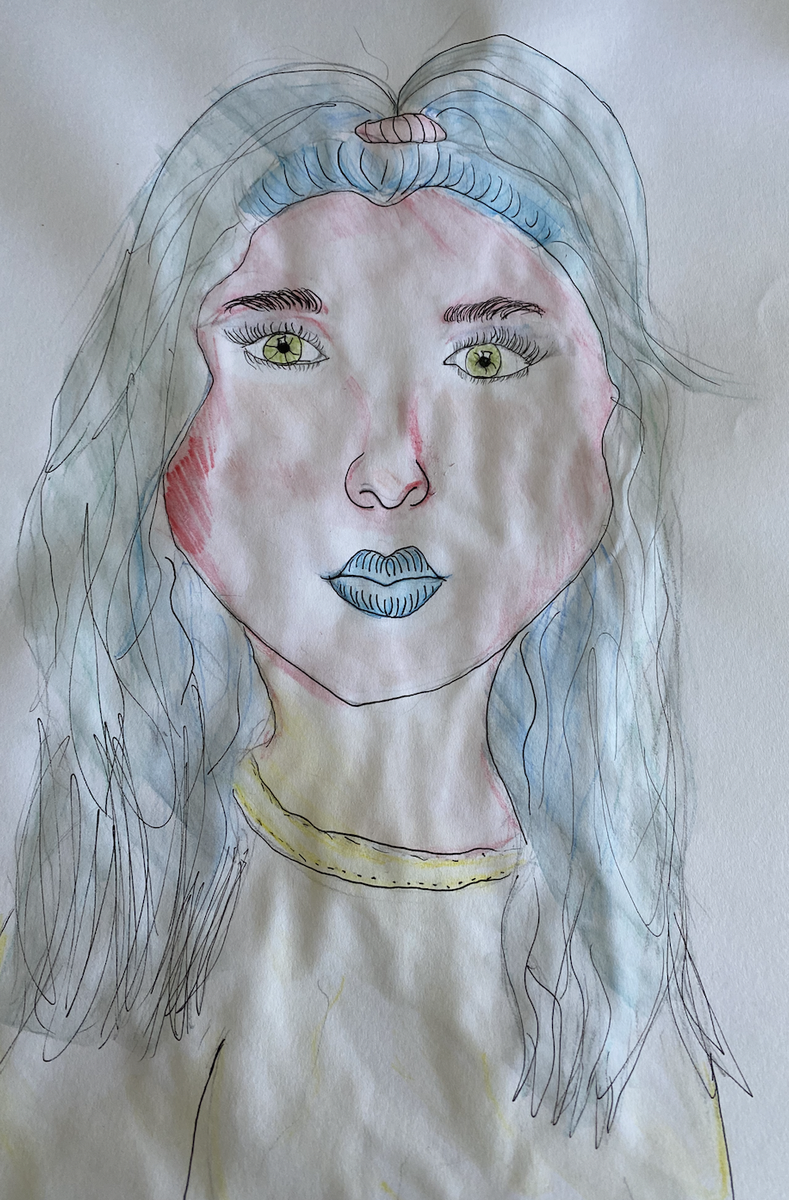
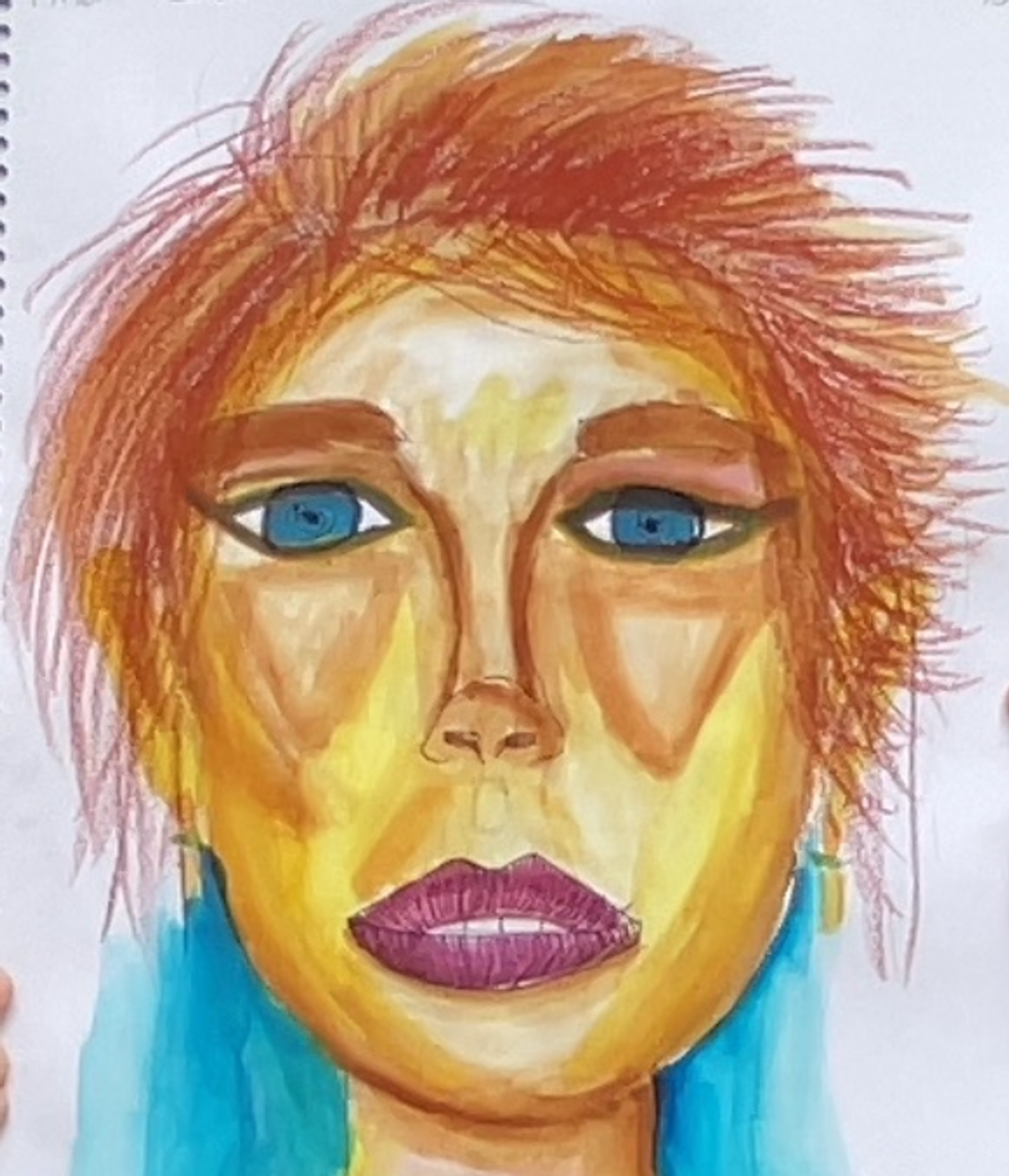
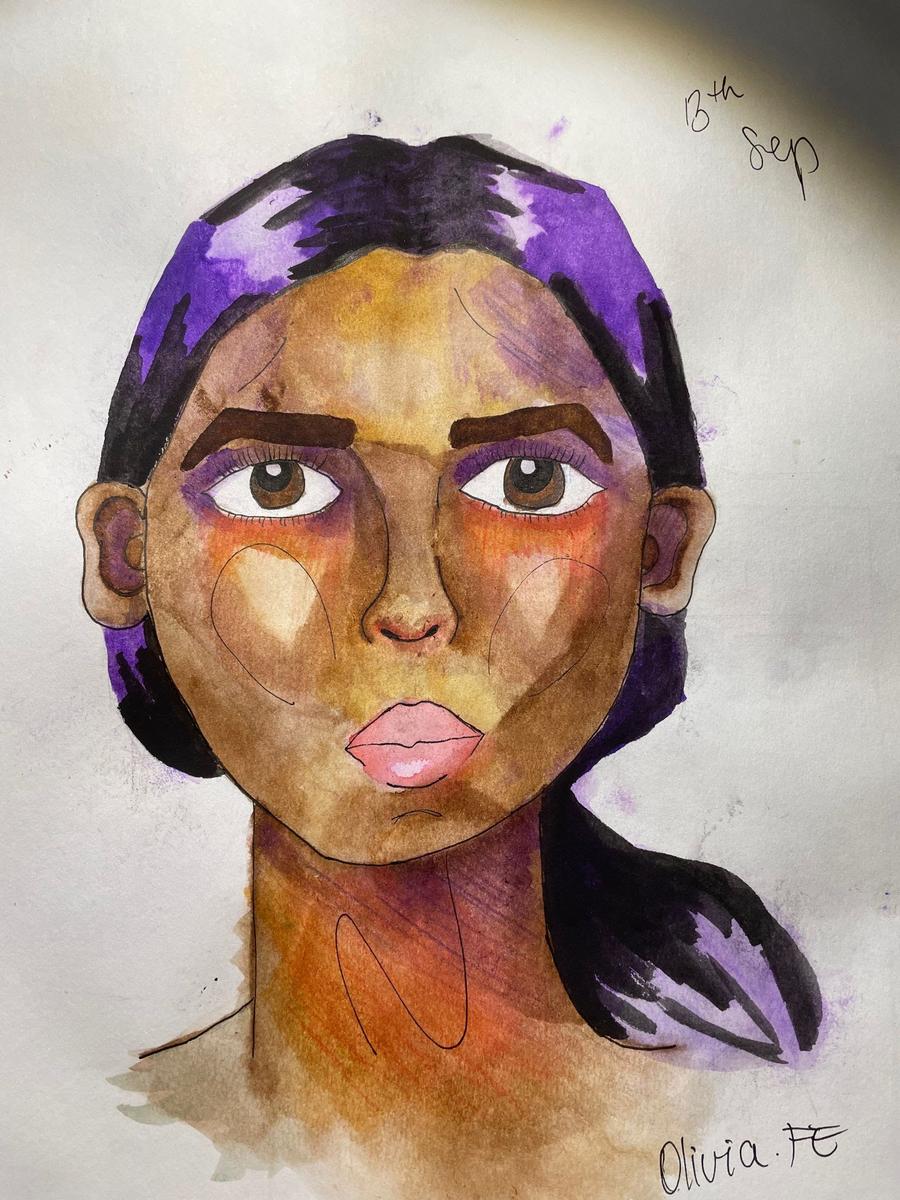
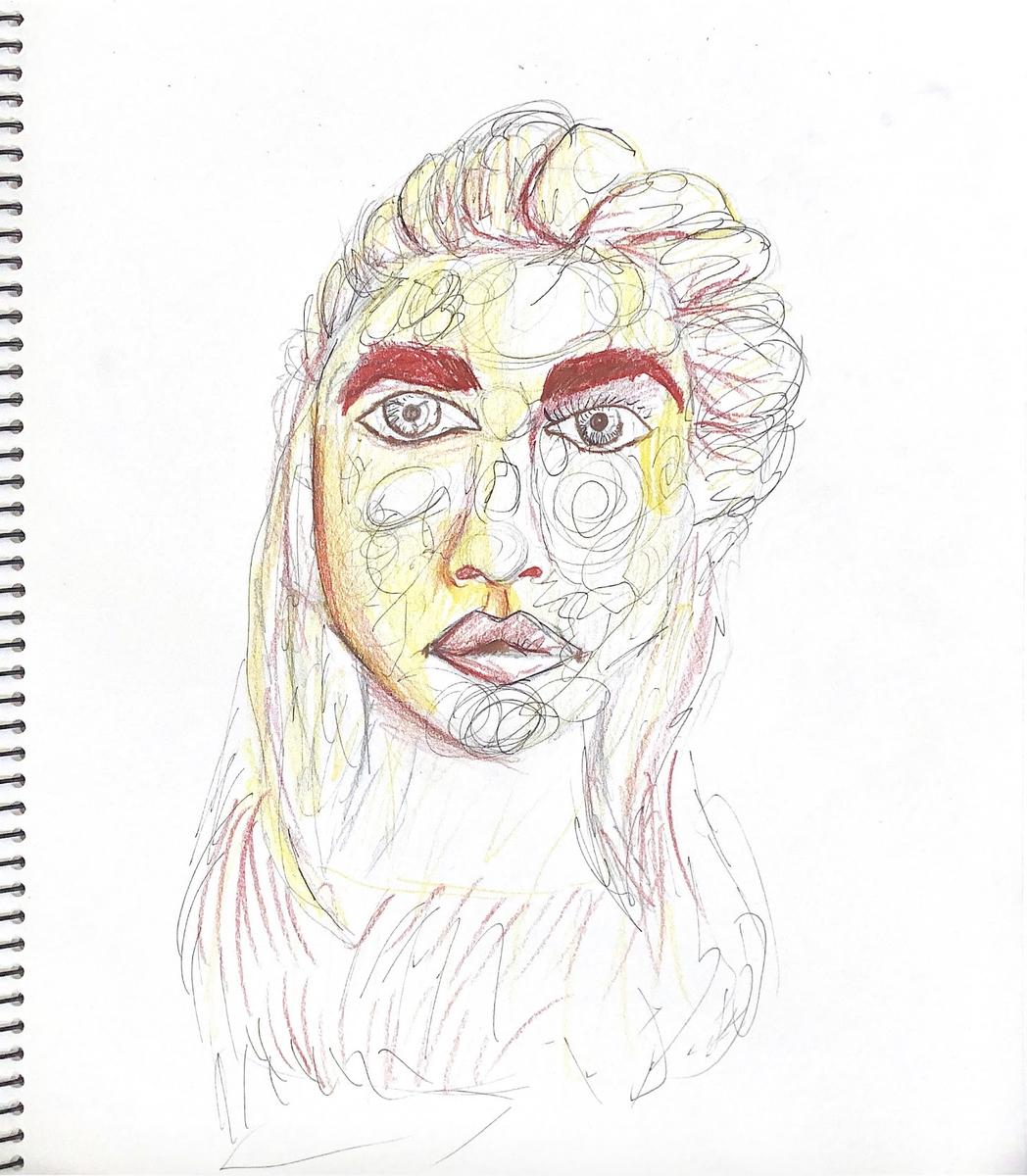

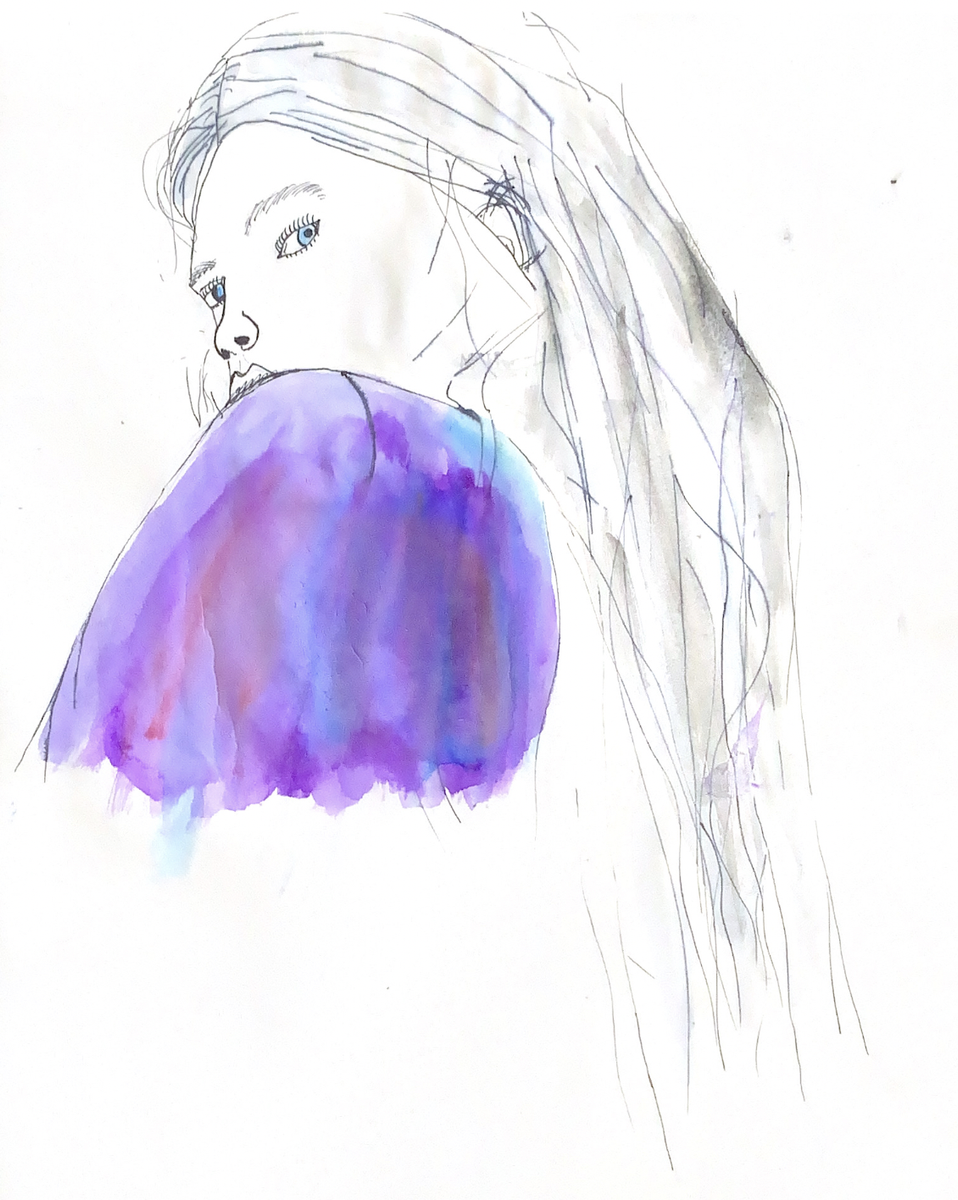
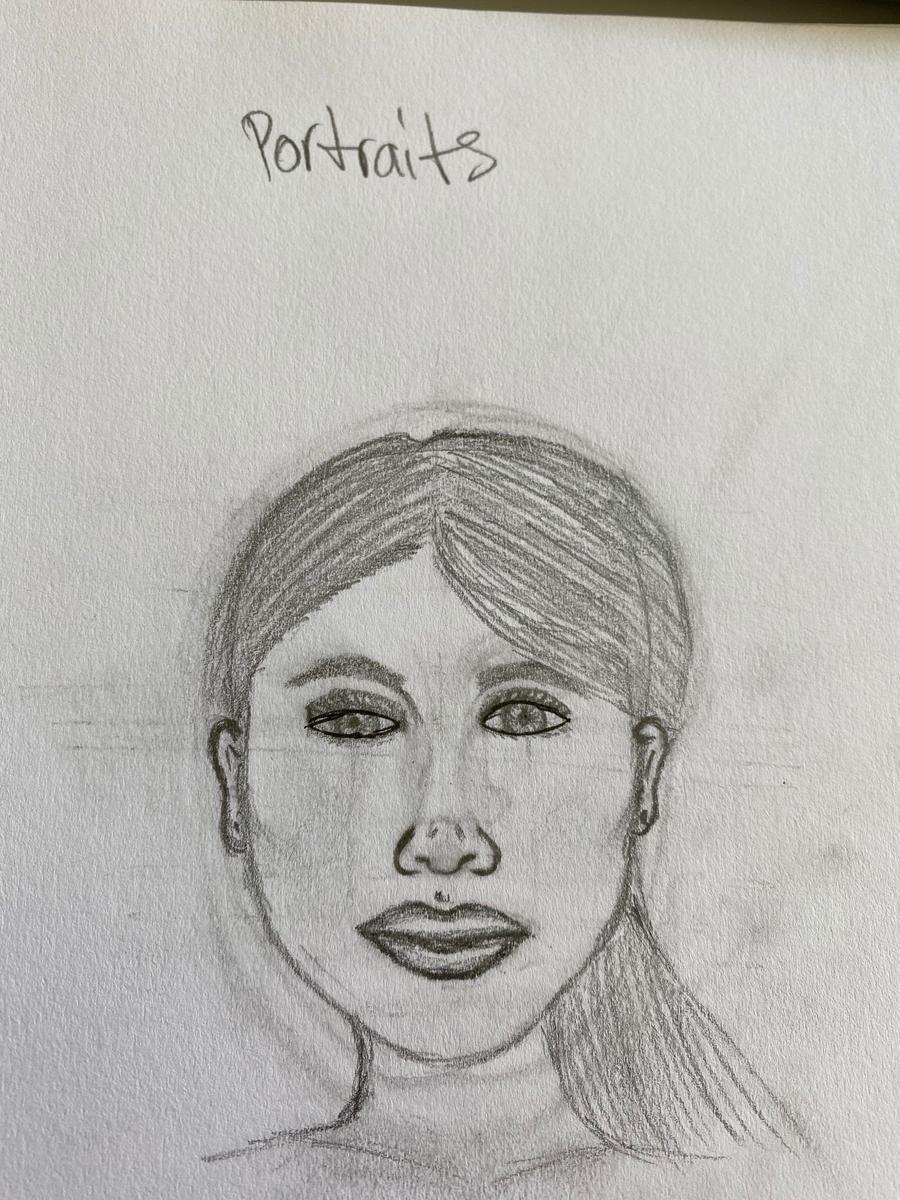








YEAR 12 VISUAL ARTS EXHIBITION BLISS
The Visual Arts Exhibition entitled BLISS was planned to celebrate the achievements of the Year 12 Visual Arts students, Body of Works for the Higher School Certificate. Due to COVID-19 there were many restrictions. The students hung their artworks in Synan Hall for the college marking and documentation for NESA. The art historian Rosemary Crumlin was to speak to the students about her career and was also to open the exhibition. Rosemary was very disappointed the event was cancelled and will attend the school to speak to our Year 10-12 Visual Arts students when the restrictions ease. Year 11 Visual Arts students also hung their works and were able to view the Year 12 artworks. This is a crucial part of their development towards the demands of the Visual Arts course in 12 months time. We will post photos of the students' artworks once the security period passes. The girls have shown great resilience in difficult times. They are to be congratulated on completing and hanging their artwork. This is not the case for many students in schools across New South Wales. There were two classes of Visual Arts for 2021 that were taught by Miss Nutter and myself. It has been a pleasure working with Miss Nutter for the past two years to push the boundaries of possibilities with the girls' artmaking. Miss Norsa, our art assistant, has been an invaluable support.
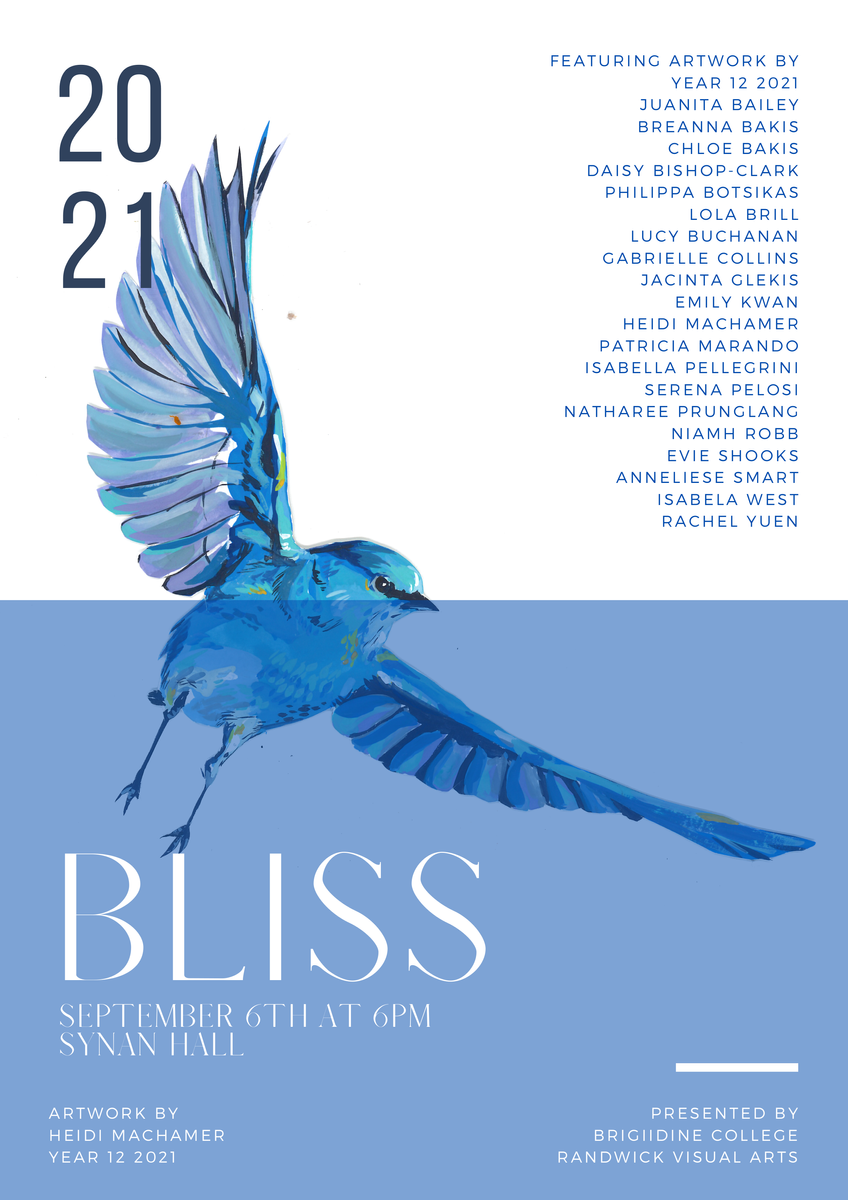

Deirdre Brennan
Head of Visual Arts